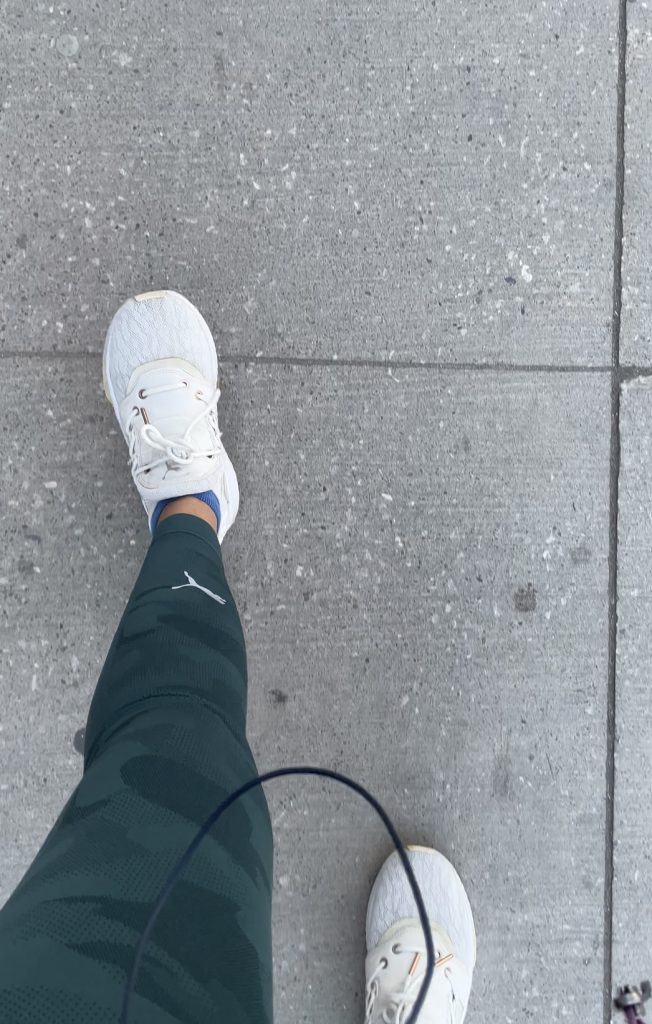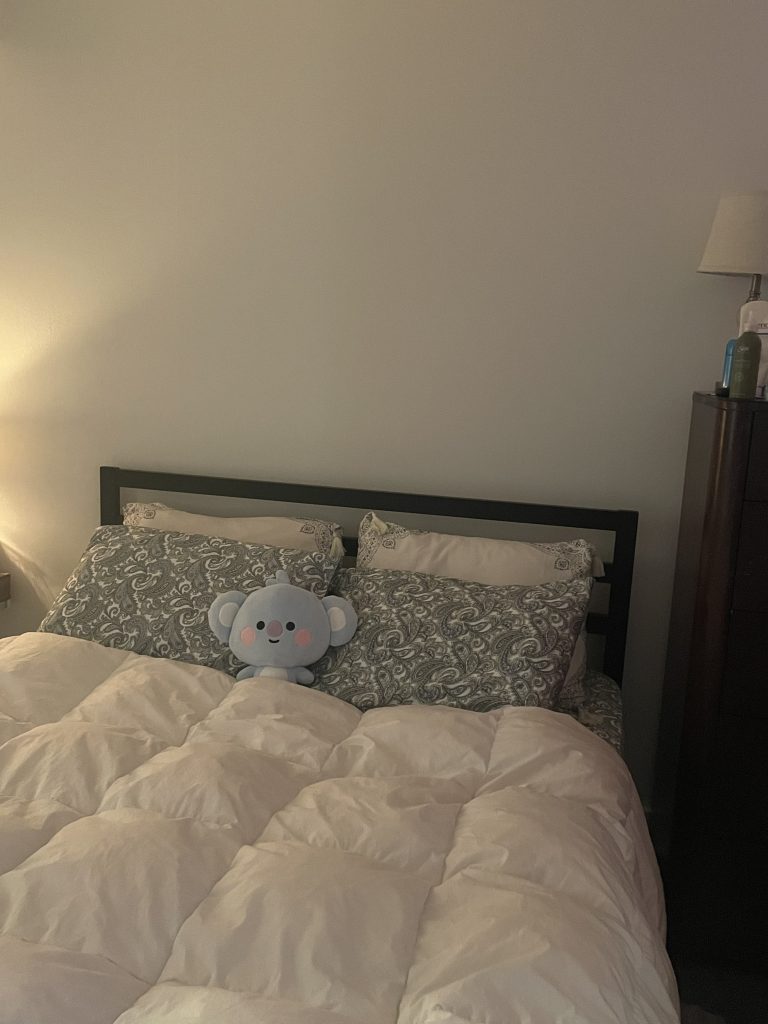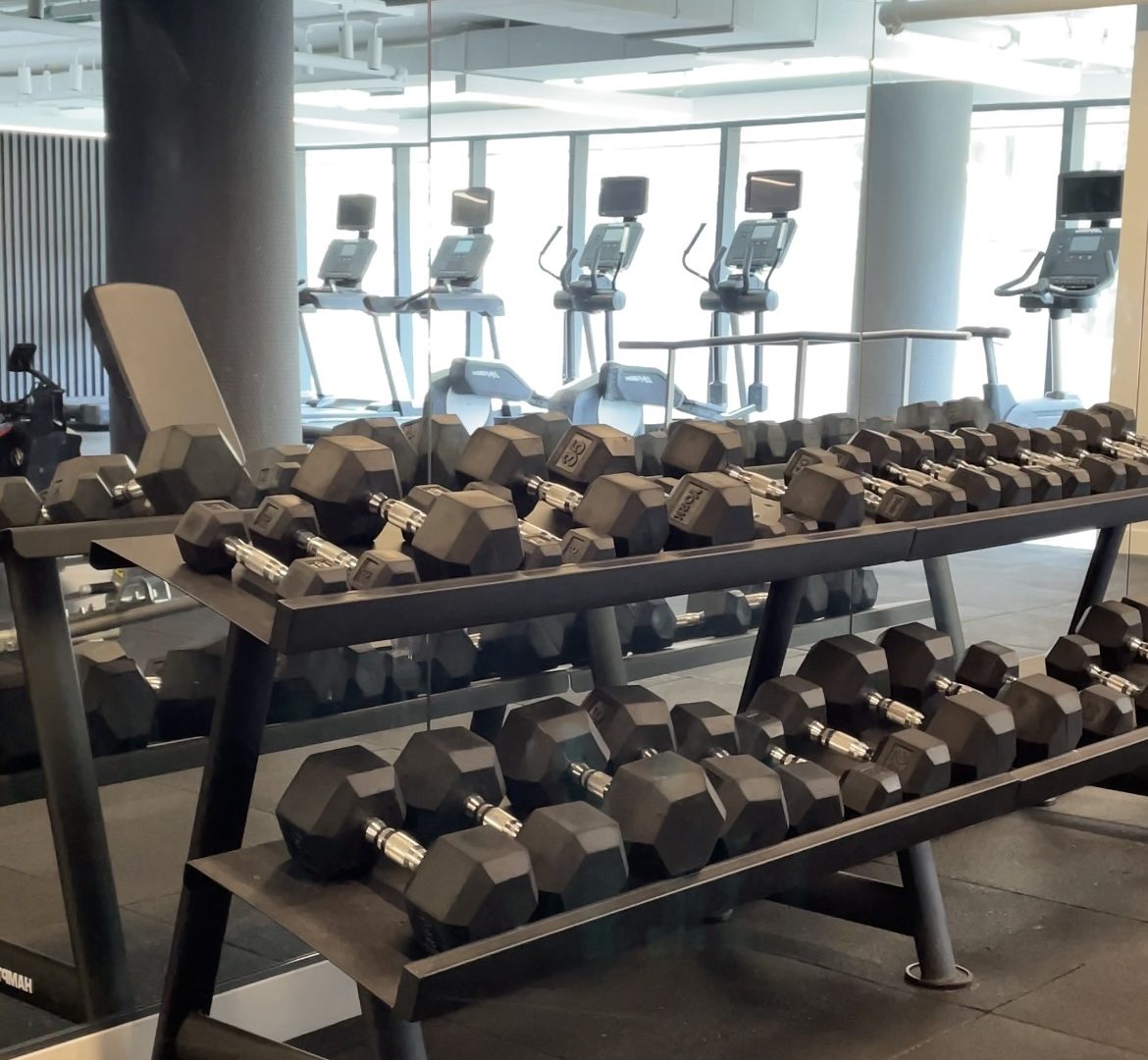My first few weeks of a semester tend to go relatively smoothly — most lectures cover introductory materials, like the syllabus and reviews of basic concepts, and I have enough time to do the things I like besides school.
However, come October/November, when midterms start being scheduled back-to-back, basic day-to-day tasks, like eating on time or exercising, seem to become an ‘option’. I used to be that student, and I suffered miserably. While the University of Toronto consists of rigorous programs, a lot of the pressure on us comes from ourselves.
So, how did I go from not prioritizing the balance between health and academics to finally understanding that health is my first priority?
- Being on track with lectures and assignments
I get it — 9 a.m. lectures are a commitment, and waking up early, especially for commuters, can be very stressful. Missing 1–2 lectures due to emergencies is alright. But the more often you go, the lesser the chances are of you studying last minute or procrastinating 'til you are forced to pull all-nighters to catch up.
I cannot emphasize enough how much of the ‘studying’ is done within a lecture itself. More often than not, you are writing notes as a form of active learning. It urges you to raise questions and ask your professor or teaching assistant about any doubts you have.

- Movement is key
The cold months are brutal for me since I come from a warmer, tropical climate. Although my instinct is to stay in my bed under the covers and just hibernate, I would advise against it. While it’s hard to go on a walk outside, you can go to a 24/7 commercial gym near you or make use of U of T’s wide range of physical recreation classes across all three campuses.
From yoga to weightlifting and swimming, there are limitless opportunities! We be posting a review of gyms across the U of T St. George campus on Life at U of T's Instagram soon, so keep an eye out for that!

- Developing routines and prioritizing sleep
A daily habit tracker helps you ensure a stress-free cycle of tasks and activities so that you don’t waste time under or overestimating the work you have for the day. This will make your day predictable and less uncertain, giving you more leeway to spend time unwinding.
This ties in with your sleep cycle. I began using this app that keeps track of my ‘sleep debt’. It tracked how much sleep I had lost over a period of 14 days. Too much sleep debt = not enough energy and focus.
Adopting ways to either help you go to sleep earlier or stay in bed for longer periods can be helpful, such as turning the lights off or having a red light to increase the production of melatonin. Lowering the temperature of my room before sleeping also ensures I don’t wake up in the middle of the night. Each individual has different sleep preferences, so it’s important for you to try a variety of techniques that can help you reduce your sleep debt.

- Having someone reliable to talk to
This can be friends, family, colleagues, and/or U of T staff — if you have an existing relationship wherein you feel comfortable sharing fragments of your life and feelings with them, it will help you seek assurance as well as a different perspective on your problems. I tend to overthink things when I am anxious or overwhelmed, but when I share it with my mother, she always reassures me that everything is going to be fine.
If you need someone to talk to, there are tons of resources at U of T to support you; visit the Student Mental Health Resource website to learn more.
– Piya

0 comments on “How I take care of myself during the school year”